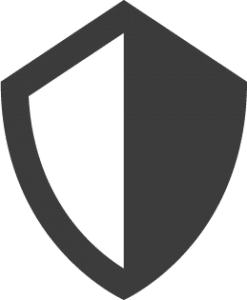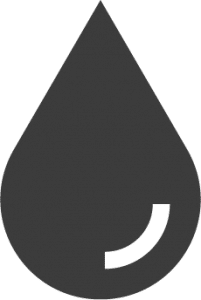Type of response:






Lebanon is facing one of the most severe escalations of violence since the 2006 war. Hostilities on the Lebanon-Israel border significantly escalated since the week of 23 September 2024, leading to the deadliest period and largest displacement surge that the country has seen in decades. Airstrikes initially focused on the southern region intensified and expanded into previously unaffected areas and increasingly targeted critical civilian infrastructure. In a single day, October 6th, 2024, more than 30 airstrikes struck the Beirut southern suburbs and surrounding areas frightening residents and forcing additional displacement from densely populated areas, including Shatila Palestine refugee camp. Displacement orders for more than 100 villages and urban neighbourhoods across southern Lebanon forced people to flee, pushing many up to 30km north. One quarter of Lebanese territory was under Israeli military displacement orders, according to the Office of the High Commissioner for Human Rights (OHCHR).
The impact of the military escalation was huge with reports of 2,083 deaths, including 127 children and 9,869 injured, including 890 children. This period also saw massive displacement, as civilians fled southern Lebanon, with roads congested as people sought safety from the escalating violence. As of 11 October 2024, the Lebanese government issued new estimates of up to 1.2 million people affected by the conflict, with at least 350,000 children being displaced. National authorities have opened approximately 1,000 collective shelters for over 185,000 people – half of them women and children. More than 80% of shelters are full (UNICEF, 8 Oct 2024; OCHA, 7 Oct 2024).
Yet, after more than two months of intense hostilities, a conditional ceasefire agreement between Lebanese and Israeli authorities took effect on November 27, for a period of 60 days. This unexpected ceasefire allows for the Joint Response to re-assess its activities and better address the urgent needs on the ground.
The Joint Response
Activities carried out under this Joint Response are the following:
These interventions aim to support a total of 66,981 individuals, with a specific focus on vulnerable groups such as children, women, persons with disabilities, and displaced families in need. The response is designed to meet the immediate needs while considering gender-sensitive approaches to ensure the most effective support for all affected populations.
Photo: Families travel north from Lebanon’s southern coastal city Sidon as thousands flee airstrikes.
Date: 23 september 2024 (Credit: Reuters / Amr Abdallah Dalsh)
Save the Children
Laan van Nieuw Oost-Indië 131-k
2593 BM Den Haag
The Netherlands
Chair organisation: Plan International
E: office@dutchrelief.org